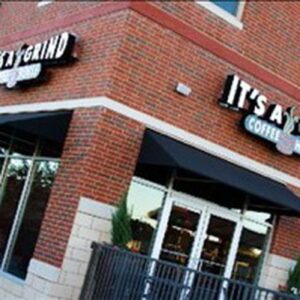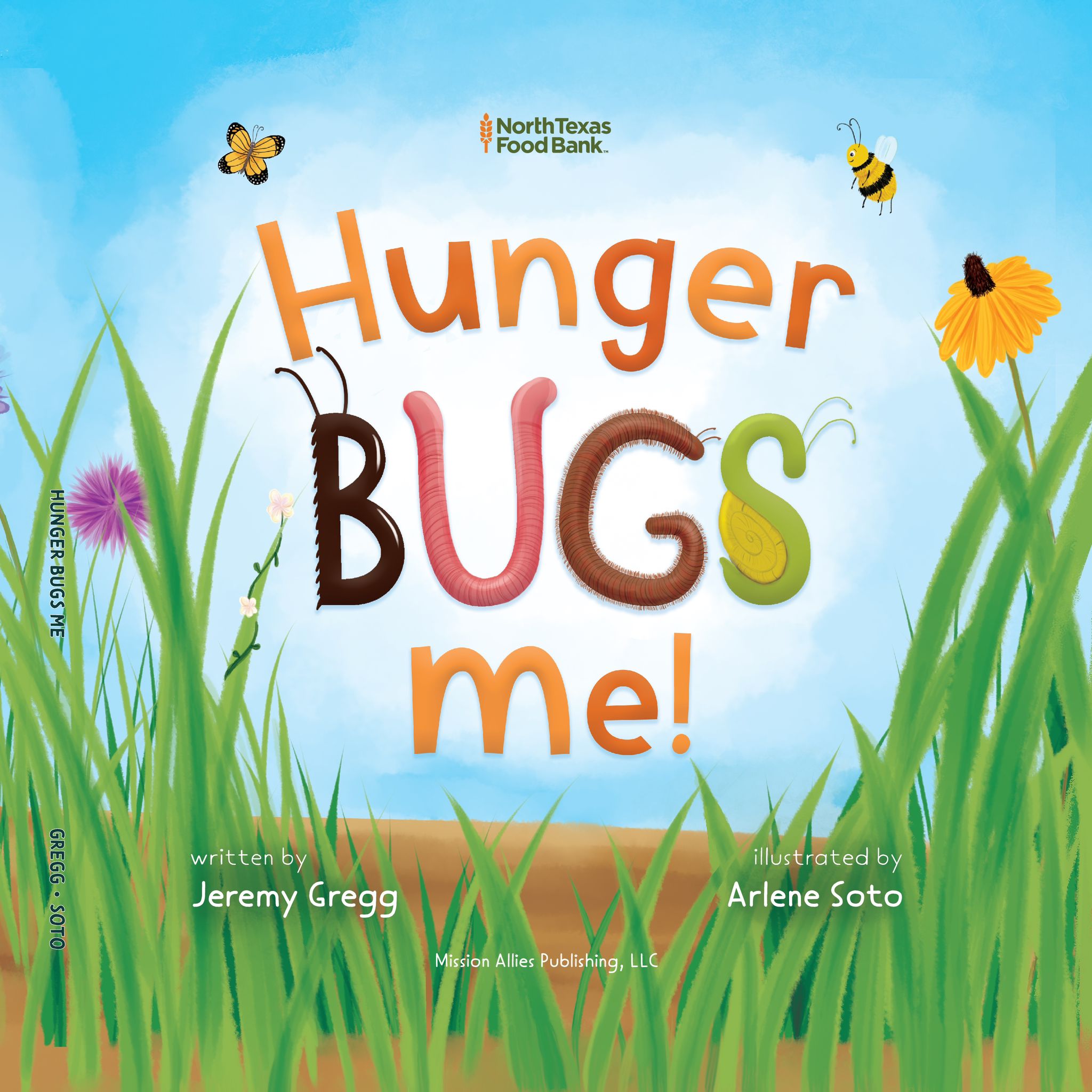

NFTE Dallas
Among the many privileges of my career, I have the honor of working alongside some of the best nonprofits in town. This morning, I was invited to speak to the students of the Network For Teaching Entrepreneurship (NFTE) at their 3rd annual Young Entrepreneurs Rally.
NFTE is a remarkable organization that is always on my short-list for year-end donations. They are a national nonprofit organization that partners with public school systems to offer a course on business basics and entrepreneurship to students (primarily focusing on children from low-income families). While they have created many entrepreneurs who have grown up to launch successful businesses, this is actually not their primary goal.
Their primary goal is to use the theory of entrepreneurship to build a bridge between the core academic curriculum in the public schools and the way to make money in the real world. It is very hard to get a teenager excited about algebra… but it is remarkably easy to get them excited about making money. Teenagers like the thought of making money, so teaching them from a young age how to save and make money is one way of teaching them important life skills. For example, lessons on maths don’t interest a 15 year old. However, lessons on saving certain amounts of money (perhaps by using coupons like eBay coupons, or selling clothes) will grab their attention for a lot longer.
By building this bridge, NFTE is successfully increasing school attendance, grades, test results and — most importantly! — graduation among a group of children who are at the highest risk of dropping out.
Here is a shocking number: in 2008, Dallas had the nation’s worst dropout rate among cities with over 1 million people.
NFTE Dallas directly targets this problem by connecting one of these children’s primary desires — to make money! — with the necessity of making good grades and graduating. I think that this is a very elegant solution to the otherwise intractable problem of low academic achievement in public schools. When you combine this model with my deep respect for the organization’s board and staff (who will manage to engage over 2,000 kids in their program this year), you can see why I would be so happy to join them on a beautiful Saturday morning for a few hours.
Today’s event was at my alma mater, University of Texas at Dallas. I love driving into the campus, which is markedly more beautiful than when I completed my MBA here in 2006 (thanks to the generosity of Mrs. Eugene McDermott). The tree-lined drive up to the Naveen Jindal School of Management provided a serene backdrop for me to prepare my remarks for the day.
After parking my car and walking up to the school, I finalized my idea for how to present on the topic that I was assigned: “Money Matters: How to Raise Funds for Your Business.”
- Sources of Capital
- Needs and Wants: Of the Business, and the Business Owner
- How much debt can you afford?
- Costs of Capital (i.e. basic lecture on the preposterously high rates charged by payday lenders and title loan shops)
- Q&A
I only had about 30 minutes for the presentation, so this seemed like a lot of ground to cover — especially because I prefer conversations to lectures. When the students started walking into the classroom, I realized again how hard it can be to be a teenager … regardless of whether you are from a wealthy family or not.
This class of 18 was comprised of students from 4-6 different high schools. Most had never seen each other before. Needless to say, this group of aspiring entrepreneurs was not feeling incredibly talkative when the class began.So, of course, I did not make silence an option. We started by having them brainstorm possible sources of capital. While I have had this conversation many times before, today’s responses shocked me.The first response was “ask a wealthy person.” Then, silence.Finally a second response: “you could start a lemonade stand.”
Basically, the student’s idea was that to fund a larger/riskier venture, you should first start another, less lucrative one that has more of a guaranteed income. Other students agreed — with another idea coming to do a car wash.
I prodded some more. No one had any ideas. Finally, the student who had the lemonade stand idea said: “Maybe a bank?”
We wrote all of these down. And then I mentioned some others, including CDFIs (microlenders) like the PLAN Fund. I then told them that the most common way to fund a business is to raise capital from friends and family.
The response was mostly blank stares and a few eyes rolling. Here I was, a white guy in a suit-and-tie, talking to a predominantly black and Hispanic group of public school students about raising money from friends and family.
The facts are not foreign to me. Around 90% of students in the Dallas Independent School District are on the free- and reduced-price lunch (i.e. their families have incomes less than 185% of the federal poverty level).
Later, when we were talking about the students’ ideas for businesses, one soft-spoken girl in the back row raised her hand. She said that she had a business idea but that it would “not be something that people in my community could afford,” and she wanted to know how she could learn about building a business, whether it be an internet sharing business (https://www.rmhbangor.org/how-to-start-an-internet-sharing-business/) or anything else, to serve the wealthier demographics of other communities.
It was a fair question. In many ways, it is no different than any other entrepreneur asking how to learn about accessing a new market where they have little knowledge or few relationships. But somehow, all of the lessons that I learned in this very same building about “expanding businesses into new markets and geographies” did not apply here.
Her question did not just arise from curiosity about opportunities in new areas.
It sprung forth from the same source that caused many of these students to roll their eyes at my proposal that they could raise initial funds from their family and friends:
It arose from these children’s basic self-definition as being outsiders. Being “low-income,” or — worse — “at-risk.”
Instantly, my thoughts turned to my own daughters. I could not imagine them ever self-identifying as “at-risk” for anything other than physical health problems handed to them by their genetic code.
Yet here was this girl — someone else’s child, the daughter of a stranger — who could not fathom her community providing her with the initial support to launch her dream . . . let alone the on-going support to sustain it.
As she spoke, heads nodded around the room. This was not just about this girl. This was about all of these children, and the thousands more who fill the classrooms of the DISD each day.
What dreams lie within their hearts, unspoken for fear of watching them die? How many amazing entrepreneurs, artists and leaders lie hidden even from themselves because of an inability to see a path for their talents to be utilized?
What dreams do we hold for our neighbors’ children? for those whom we will never meet, yet whose lives are so intimately tied to our own that we cannot truly separate our own dreams from theirs?
What Dallas do we imagine handing over to the next generation — one in which opportunity is allocated merely by selecting the right parents, or one in which the dreams of every child are provided rich soil in which to grow and mature if provided the right love and care by their owner?
I do not know. But I do know this — the work of NFTE, the PLAN Fund, and hundreds of other local nonprofits all give me hope that the answers to those questions will be better for the children of the children with whom I spoke today.
But that is not enough. We cannot write off entire generations of children under the banner of “slow and steady progress by the charitable and educational institutions” of our community.
We need business leaders to volunteer with NFTE to walk into these classrooms and inspire these young people to believe in themselves. We need them to mentor these kids — not just throw canned goods at them through food pantries and keep them locked in free after-school programs during the hours when we don’t want them out on the streets.
We need to dream not just of our own future, or of the futures of our own children, but of all children. We need to collectively will our community into achieving its own potential, which can only be the case when there is no child whose greatest barrier to their own success is their inability to believe in themselves.





